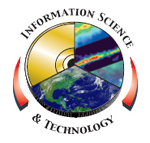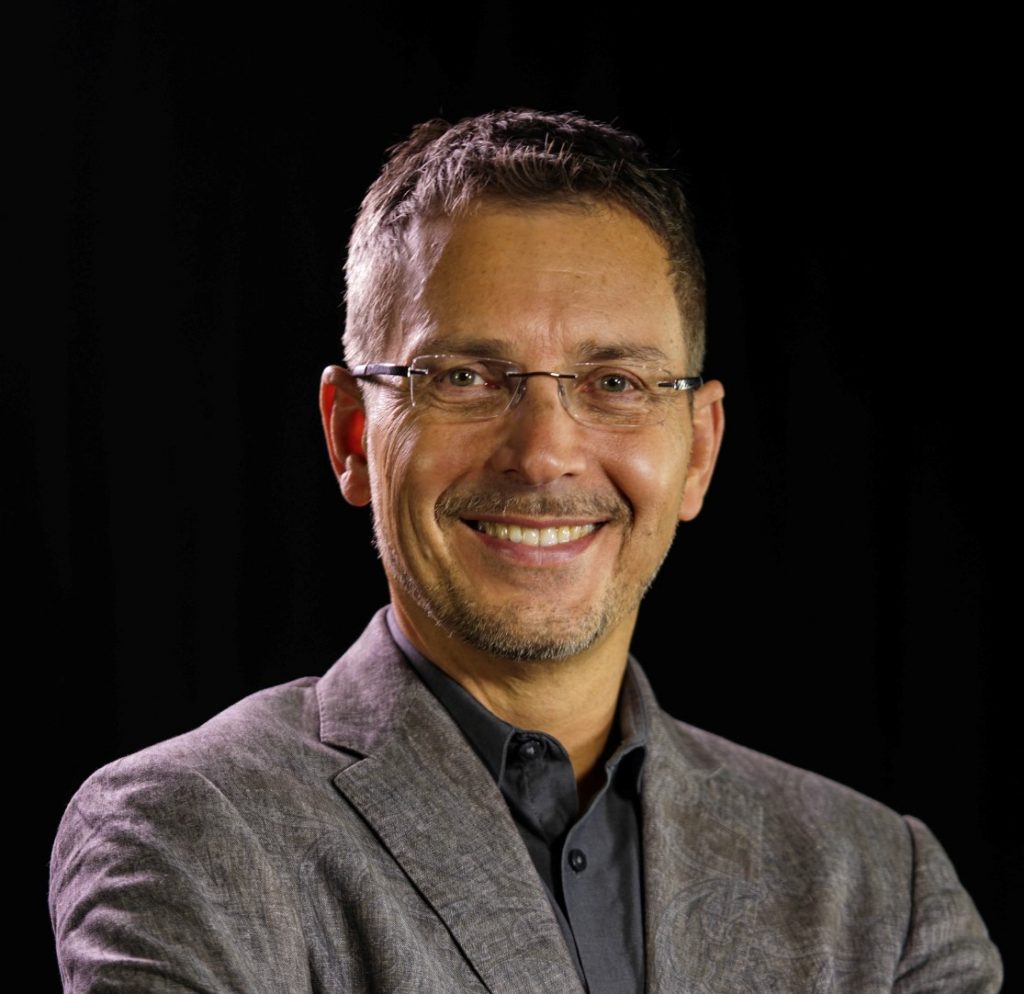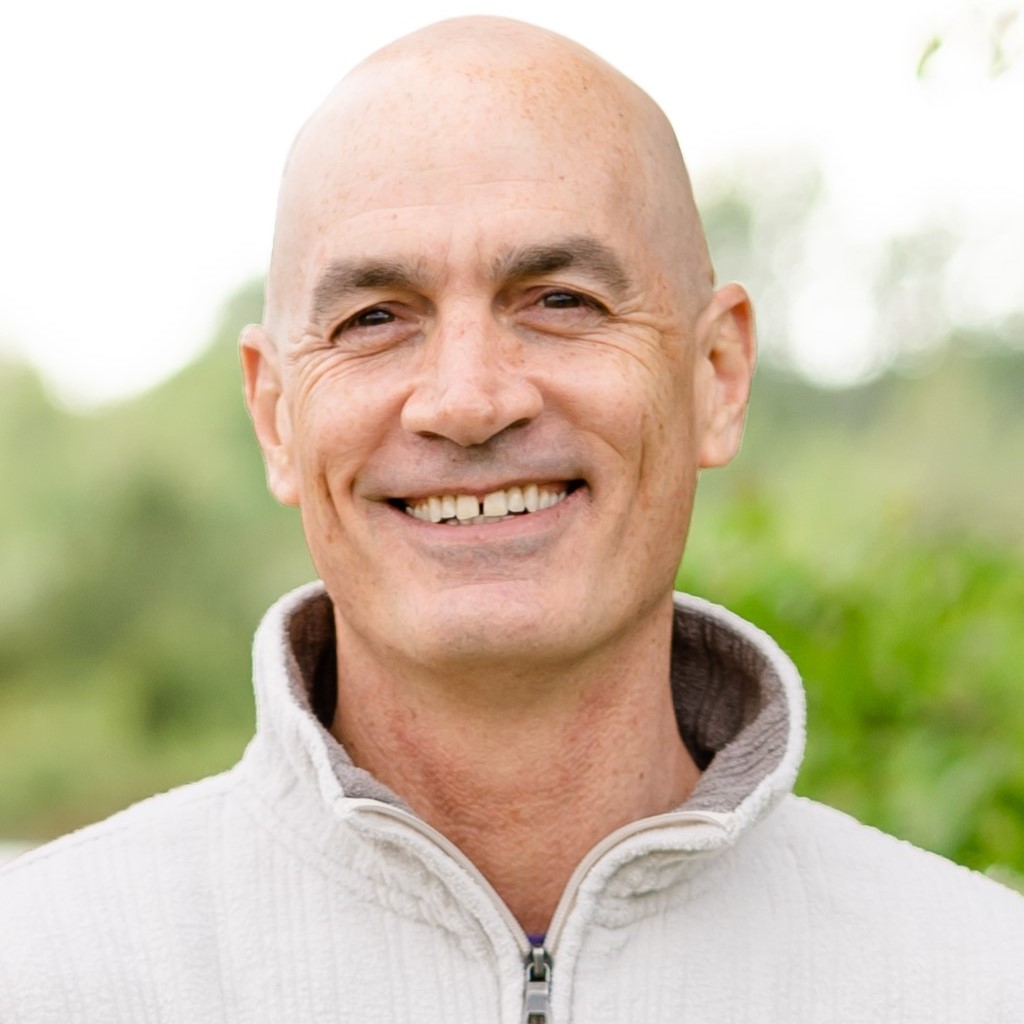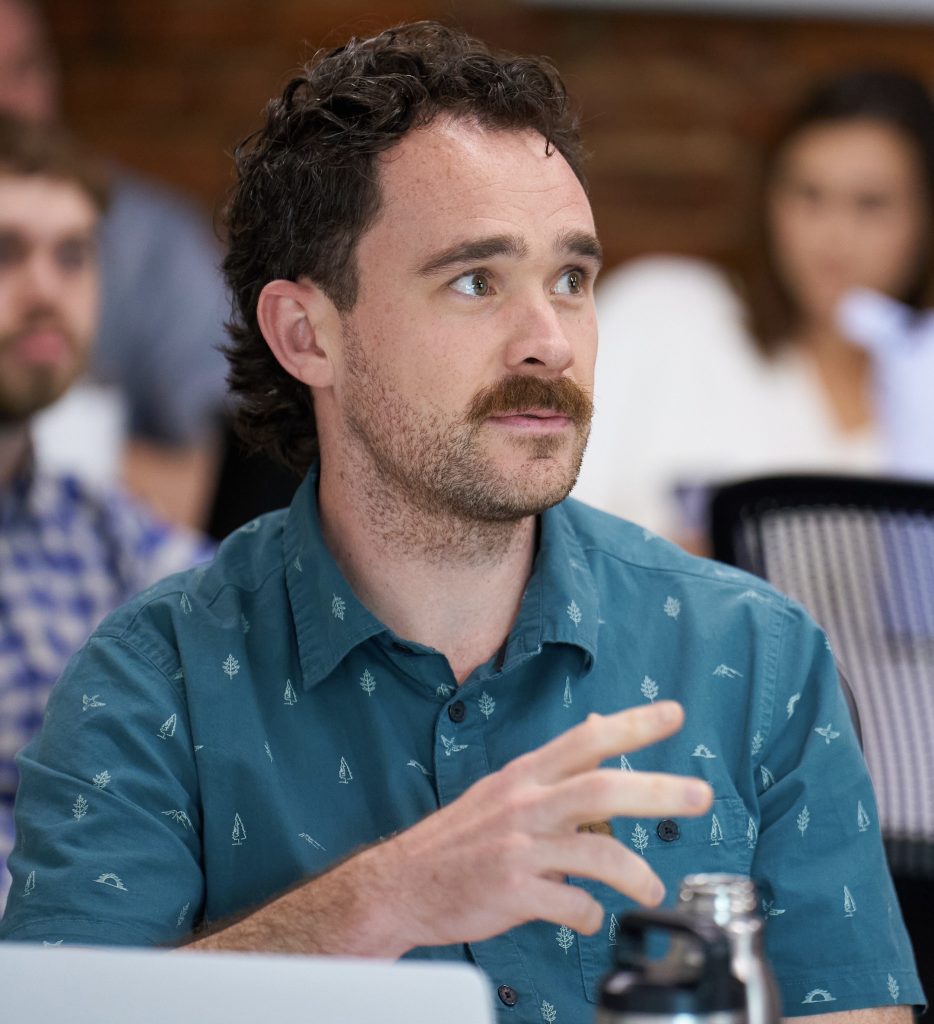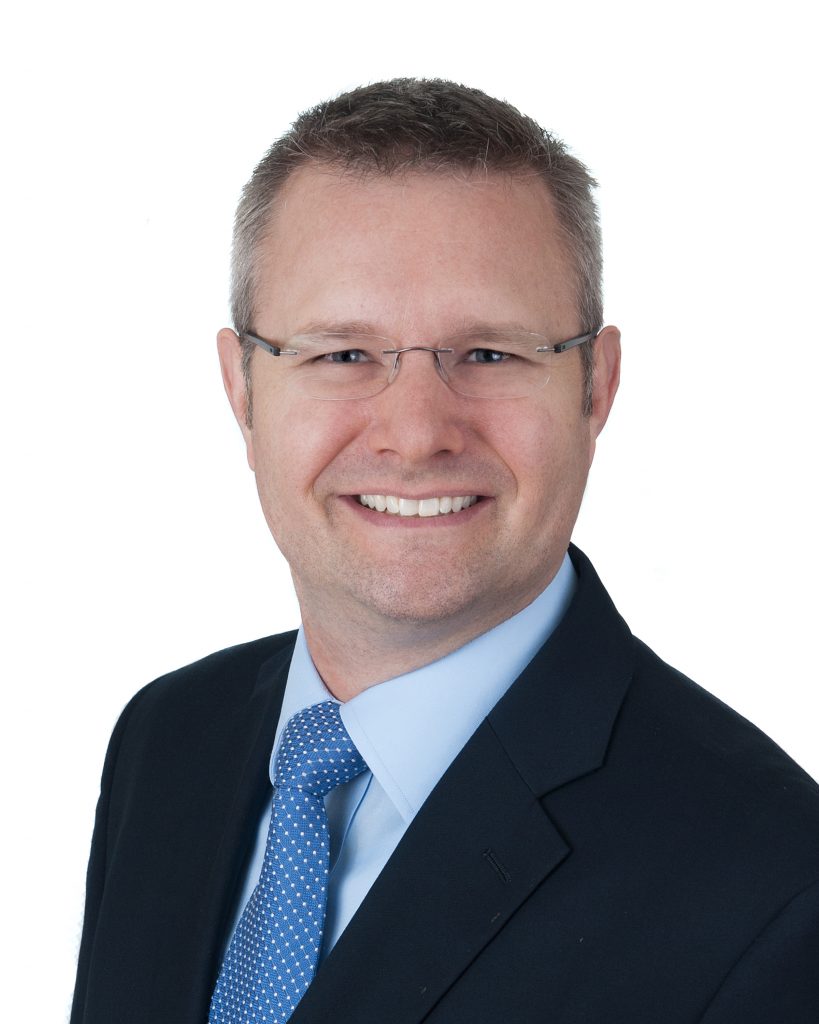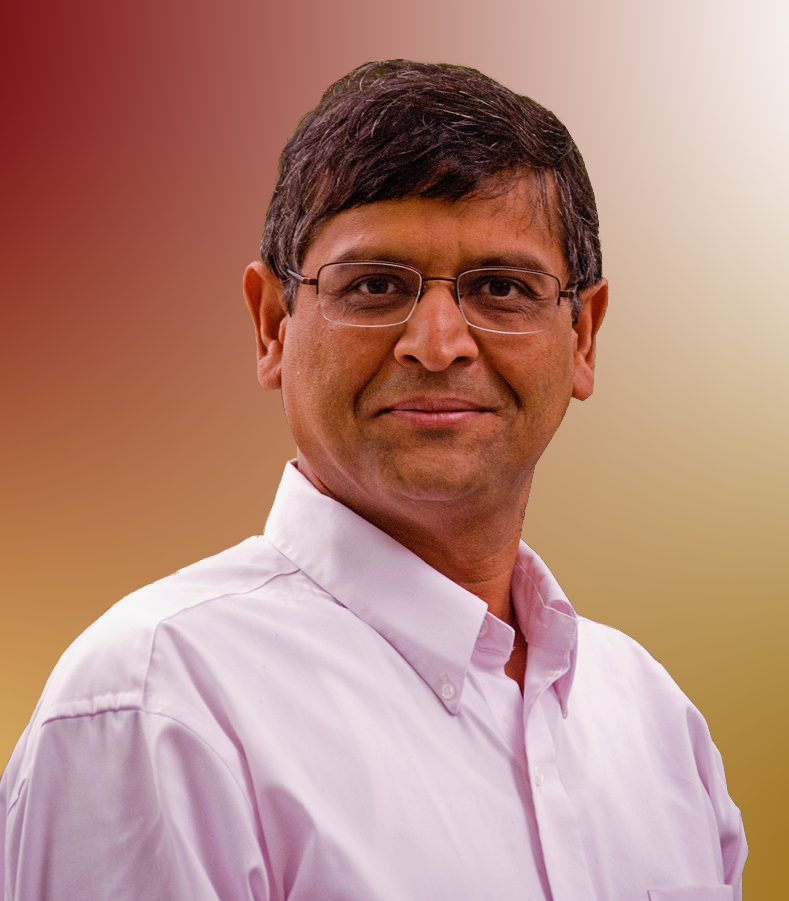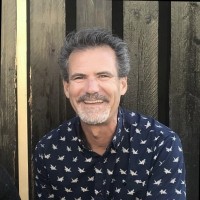Uncategorized
MAKING IDEAS VISIBLE
Transform your complex maze of daily challenges into clear forward paths. In this 50-minute presentation, join Tom Wujec multi-TED speaker, author, and technologist to deepen your problem-solving, communication, and collaboration skills. Tom will show to sharpen your thinking (as well as your team’s) by using simple visual tools to frame, explore, develop, and align on ideas.
Read More2023
Wednesday, April 5, 2023, 11am – 12pm EST This seminar can be viewed remotely via Microsoft Teams: Join here The Metaverse: What is it, and what are the implications for the Space industry? David Treat Accenture, Senior Managing Director Global Metaverse Continuum Business Group Lead Global Fintech Innovation Lab Lead Wednesday, May 17, 2023, 11am…
Read MoreAzure OpenAI ChatGPT 101: Decoding AI Fundamentals and Practical Applications
During this session we will explore Azure OpenAI, the enterprise-grade cloud service that is based on GPT models. Specifically, we will discuss the key concepts such as GPT and Foundation Models to demystify the technical jargon to give you a clear understanding of how these AI tools function. Additionally, we will also touch on important topics such as data security and privacy within the Azure OpenAI framework. Finally, we’ll discuss real-world use cases, providing you with tangible examples of how, when and where you can effectively take advantage of Azure OpenAI to advance your missions
Read MoreRevolutionizing Data Storage by Harnessing the Potential of DNA
The growth of the global datasphere is rapidly outpacing the available material, space, and energy for electronic storage technologies. At the current rate of data generation, Earth’s entire surface would need to be covered by data centers by the year 2060 just to store the information created between now and then. DNA data storage represents a transformative solution as an extreme-scale storage medium due to its high raw capacity, long-term durability, minimal energy usage, and eternal human relevance.
Read More2022
Wednesday, November 9, 2022, 11am – 12pm EST This seminar can be viewed remotely via Microsoft Teams: Join here Presentation: http://vfarcic.github.io/crossplane/uxp.html. Recording available via NASA MS Stream. The Future Is Above Clouds Viktor Farcic Developer Advocate at Upbound, a member of the Google Developer Experts, CDF Ambassadors, Docker Captains, and GitHub Stars groups, and a published author. Wednesday, November 16, 2022, 11am -…
Read MoreThe Metaverse: What is it, and what are the implications for the Space industry?
The metaverse is more than just virtual reality. It is a continuum of technologies that applies across all aspects of business, from consumer to worker and across the entire enterprise; from 2D to 3D; and from cloud and artificial intelligence to extended reality, blockchain, digital twins, edge technologies and beyond. As the next evolution of the internet, the metaverse is a rapidly emerging set of capabilities, use cases, technologies and experiences. This continuum of technologies presents significant potential for the space industry. It offers a safe testing ground for new technologies and designs, enhances space education and public engagement, and expands access to space experiences. Join us to discover how the space industry should explore and embrace the potential applications of the metaverse as it develops.
Read More2022
Wednesday, April 6, 2022, 11am – 12pm EST Presentation located here. Recorded session is available through NASA MS Stream. NASA SMD’s Transform to OPen Science (TOPS) Initiative Dr. Chelle L. Gentemann Senior Scientist, Farallon Institute. Science lead for NASA SMD’s Transform to Open Science Initiative Wednesday, April 20, 2022, 11am – 12pm EST Presentation located here.…
Read MoreKnowledge-Guided Machine Learning: A New Framework for Accelerating Scientific Discovery
In real-world systems that are governed by physical processes, there is an opportunity to take advantage of fundamental physical principles to inform the search of a physically meaningful and accurate ML model. While this talk will illustrate the potential of the knowledge-guided machine learning (KGML) paradigm in the context of environmental problems (e.g., Fresh water science, Hydrology, Agroecology), the paradigm has the potential to greatly advance the pace of discovery in a diverse set of discipline where mechanistic models are used, e.g., power engineering, climate science, weather forecasting, and pandemic management.
Read MoreA knowledge commons framework for Earth and Space Science: Technical and cultural challenges and progress in Heliophysics
Knowledge commons are a combination of intelligent information representation with openness, governance, and trust required to create a participatory ecosystem whereby the whole community maintains and evolves the shared space together -[McGranaghan et al., 2021].
This concept is central to more cohesive communities, both within and across disciplines, open science, and robust and responsible practice of data science. We will introduce it and then highlight progress toward knowledge commons within Heliophysics. This talk will highlight progress toward the Heliophysics KNOWledge Network (Helio-KNOW), specifically focusing on the efforts to represent Heliophysics knowledge. It will emphasize efforts of a Heliophysics Digital Resource Library sprint activity in 2022 to extend the coverage of Heliophysics in the NASA Astrophysics Data System (ADS) that was generative of general-purpose approaches and tools that are important to all disciplines. We highlight the semantic technologies, or tools to represent the meaning in our data and information, being built for: 1) Heliophysics phenomena; 2) scientific literature; and 3) community.
Read MoreSpace ROS and its Potential for Space Robotics
Robots are becoming an indispensable tool in space exploration. Traditionally, these systems were developed using custom, proprietary software written for each application and hardware platform. Meanwhile, the broader robotics community has standardized on ROS, an open-source platform for building robotics applications. Now the space industry is following suit by developing Space ROS, which will allow ROS to be qualified for space applications and reused across missions, saving development effort and speeding up robotic space exploration. In this session, learn about Space ROS and its potential for space robotics.
Read More